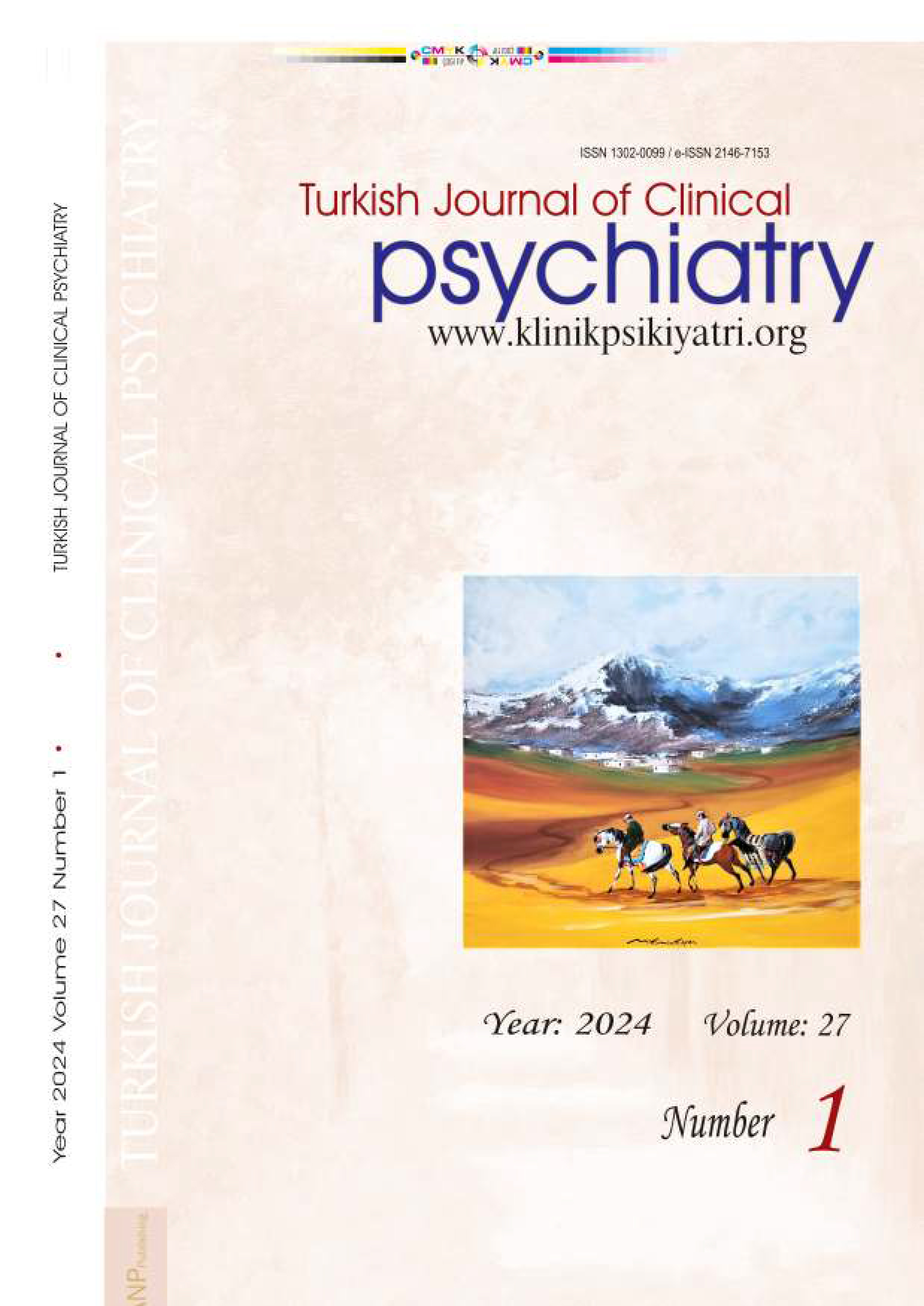
Healthy of Aging Effects on Neuroelectric Potentials
Hatice KAFADAR0, Sirel KARAKAŞ212Prof. Dr., Hacettepe Üniversitesi Deneysel Psikoloji Uzmanlık Alanı,TÜBİTAK Beyin Dinamiği Multidisipliner Çalışma Grubu, Ankara
The aim of this study is to study the effect of age and experimental paradigm on event-related potentials (ERP) and event- related oscillations (ERO). The study utilized a 2x2x3 factorial design with age (19-24, 45-67), experimental paradigm (mismatch negativity, oddball), and electrode location as the experimental variables. Thirty five volunteer subjects who had a minimum of 12 years of education participated in the study. The analyses involved average EEG-ERPs, amplitude frequency characteristics and filtered EEG-ERPs for age, experimental paradigm and electrode location. The effect of the variables were statistically tested using analysis of variance for repeated measures. Results showed that the peak amplitudes for the 19-24 age group were higher than for the 45-67 age group. The filtered EEG-ERP waveforms varied according to age, experimental paradigm and electrode location. The amplitudes of the filtered waveforms were generally higher for the 19-24 age group than for the 45-67 age group. The amplitude frequency characteristics for the 19-24 age group demonstrated prominent maxima in the lower frequency ranges. Excepting the data for the 19-24 age group under the oddball paradigm, the theta response existed in a broad band with the delta response. Analysis of variance for repeated measures showed that paradigm and electrode location affected all ERP components. The results of the analyses showed that the neuroelectric responses of the brain changes with age.
Keywords: Key Words: Aging, cognitive psychophysiology paradigms, neuroelectric responses.Sağlıklı Yaşlanmanın Nöroelektrik Potansiyellere Etkisi
Hatice KAFADAR0, Sirel KARAKAŞ212Prof. Dr., Hacettepe Üniversitesi Deneysel Psikoloji Uzmanlık Alanı,TÜBİTAK Beyin Dinamiği Multidisipliner Çalışma Grubu, Ankara
Bu çalışmanın amacı, yaşa bağlı olarak farklı bilişsel süreçlerde ortaya çıkan değişimleri olay-ilişkili potansiyel ve olay-ilişkili osi- lasyonlar bağlamında ele almaktır. Araştırmada yaş (19-24 ve 45-67), deneysel paradigma (Farklı Uyarıcı Paradigması ve Seyrek Uyarıcı Paradigması) ve elektrot lokasyonu (Fz, Cz, Pz) olmak üzere 2x2x3 faktörlü deney deseni kullanılmıştır. Araştırmaya 35 gönüllü denek katılmıştır. Analizler, olay-ilişkili potansiyel, genlik frekans karakteristikleri ve olay-ilişkili osilas- yon eğrileri üzerinde yaş, deneysel paradigma ve elektrot lokas- yonuna göre yapılmış; ayrıca tekrar ölçümlü desene uygun varyans analizi ile incelenen değişkenlerin etkisi test edilmiştir. Bulgular, genelde, 19-24 yaş grubu deneklerin genlik zirve değerlerinin, tüm olay-ilişkili potansiyel bileşenlerinde 45-67 yaş grubuna göre daha büyük olduğunu göstermiştir. Genlik frekans karakteristiklerinde, 19-24 yaş grubu, 45-67 yaş grubuna göre düşük frekanslarda daha güçlü dalga formları göstermiştir. Olay- ilişkili osilasyonlar da yaş, deneysel paradigma ve elektrot lokas- yonuna göre farklılık göstermiş; 19-24 yaş grubuna ait tepkilerin genliği genelde, 45-67yaş grubundan daha büyük olmuştur. Varyans analizi sonuçları özellikle deneysel paradigma ve elektrot lokasyonu değişkenlerine ilişkin temel etki ve bunları içeren ortak etkilerin anlamlı olduğunu göstermiştir. Bulgular, yaşlanmayla birlikte beynin nöroelektrik tepkilerinde değişmeler olduğunu göstermiştir.
Anahtar Kelimeler: Anahtar Sözcükler: Yaşlanma, bilişsel psikofizyoloji paradigmaları, nöroelektrik tepkiler.Manuscript Language: English
(1231 downloaded)




